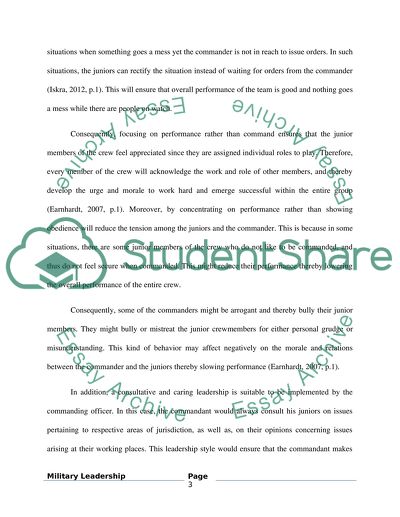Cite this document
(“A short academic essay highlighting the most appropriate leadership”, n.d.)
A short academic essay highlighting the most appropriate leadership. Retrieved from https://studentshare.org/military/1475084-a-short-academic-essay-highlighting-the-most
A short academic essay highlighting the most appropriate leadership. Retrieved from https://studentshare.org/military/1475084-a-short-academic-essay-highlighting-the-most
(A Short Academic Essay Highlighting the Most Appropriate Leadership)
A Short Academic Essay Highlighting the Most Appropriate Leadership. https://studentshare.org/military/1475084-a-short-academic-essay-highlighting-the-most.
A Short Academic Essay Highlighting the Most Appropriate Leadership. https://studentshare.org/military/1475084-a-short-academic-essay-highlighting-the-most.
“A Short Academic Essay Highlighting the Most Appropriate Leadership”, n.d. https://studentshare.org/military/1475084-a-short-academic-essay-highlighting-the-most.


